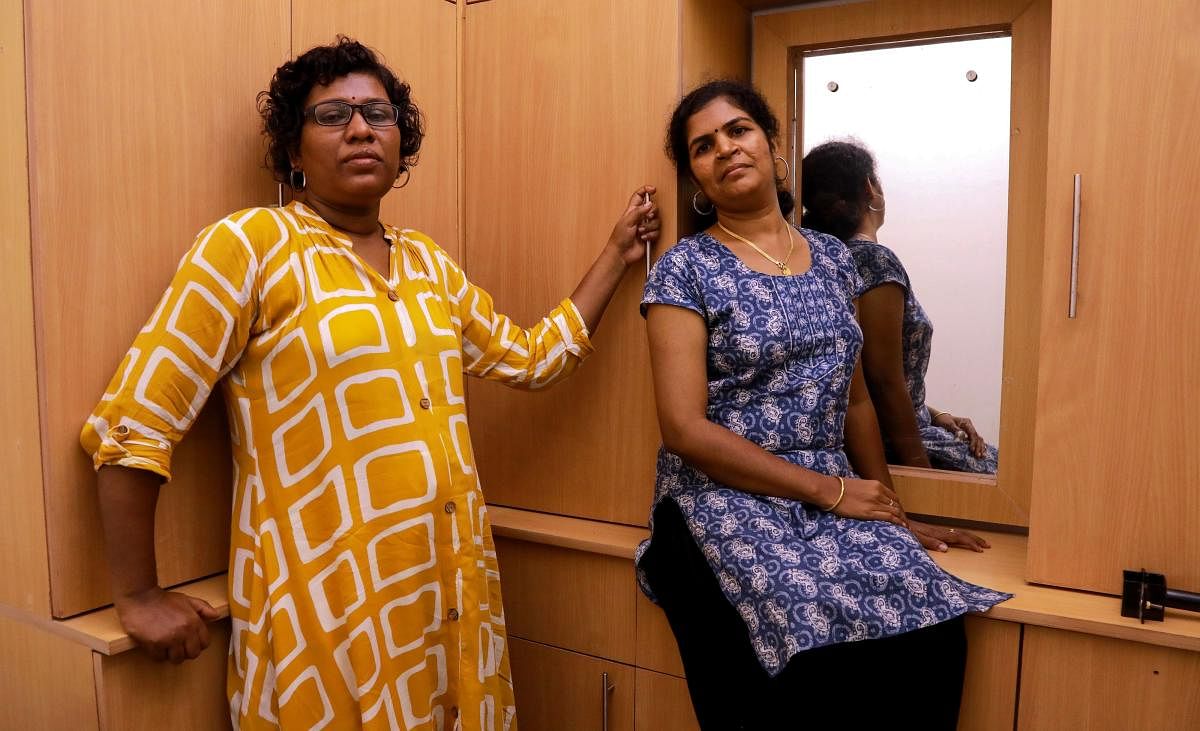
The Supreme Court on Friday directed the Kerala government to provide adequate security round-the-clock to two women, who claimed to face death threat after having entered the Sabarimala temple.
A bench of Chief Justice Ranjan Gogoi and Justices L Nageswara Rao and Dinesh Maheshwari closed the writ petition after issuing a one-line order to the state government to provide security to the women.
The Kerala government, represented by senior advocate Vijay Hansaria submitted the women-petitioner had already been given police protection.
"You are responsible for their life and security. If you are already doing it, continue doing so," the bench said.
The counsel also claimed 51 women devotees so far had visited the temple. He said a committee of observers had been appointed by the Kerala High Court to monitor the situation for which the state had filed a challenge in this court.
Advocate Mathews J Nedumpara, appearing for a Lord Ayappa devotees association, countered the claim saying no woman devotee had visited the shrine.
The court told the state government counsel it was not necessary to raise all those issues for now.
Senior advocate Indira Jaising, appearing for women petitioners Bindu A and Kanaka Durga, pleaded the court to consider their other pleas along with the pending review petitions.
The court, however, rejected this plea.
Besides the police protection, the women sought a direction to the authorities to ensure hindrance free entry to all females and ensuring their security. They also sought a direction to the authorities to ensure no rite of purification was performed or the temple was closed after any woman between 10 and 50 years of age entered the shrine.
The petition filed by them claimed that one of them was already attacked by her own mother-in-law. She is in a hospital. Both apprehended threat to their life.
The top court is currently seized up with a batch of review petitions for reconsideration of the Sabarimala judgement by a Constitution bench.
More than 40 petitions have been filed seeking a re-look on the judgement of September 28 which by a majority view of 4:1 allowed entry of women of all ages into Kerala's Sabarimala temple.
The court had earlier held that the ban imposed on the basis of the physiological condition of women amounted to gender discrimination.
The judgement which saw a huge protest in Kerala was sought to be reviewed on the ground that it was absolutely untenable and irrational.
It was contended that the deity is a 'Naistika Brahmachari', females below the age of 10 and after the age of 50 years are eligible to worship him and there is no practice of excluding worship by females.
